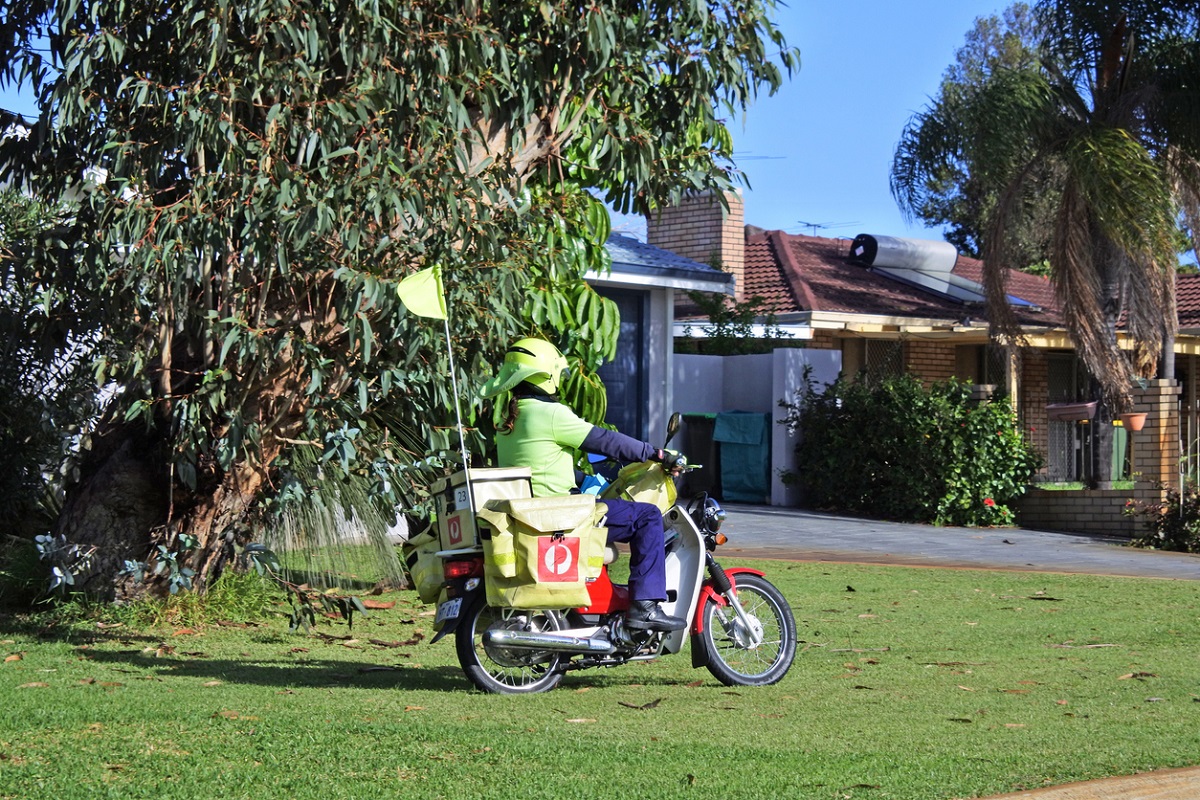The Pet Professional Guild Australia (PPGA) has warned against the use of citronella spray as a routine safety tool.
The warning follows Australia Post’s decision to issue it to delivery workers to protect themselves from dog-related incidents. While PPGA acknowledges the need to protect postal workers, it says citronella spray is not a legitimate training or management method for dogs.
Sarah Campbell, President of the PPGA, said when used as a last resort to stop an active, unavoidable attack, an aversive like citronella spray may interrupt dangerous behaviour in progress.
“But it’s not behaviour modification. It’s not training. It’s not a solution.”
Australia Post’s decision comes after new data revealed that over 44 posties a week fell victim to dog-related incidents in the six months to May 2025. It then conducted an extensive two-phase trial in some of the worst-affected areas, finding the spray was 80 per cent effective in causing dogs to retreat, leaving posties and pups unharmed.
PPGA argues that the rise in dog-related incidents is a symptom of broader issues, including lack of support for dog guardians and poor containment practices.
The organisation said most attacks could be prevented with better public education, secure fencing, and increased awareness. It warned that citronella spray works by inducing fear and confusion, not by addressing the root causes of a dog’s behaviour – such as fear, poor socialisation or territoriality.
The group has proposed alternative safety measures, including training for workers on how to read dog body language, the use of physical barriers such as satchels or car doors, and sound-based deterrents like airhorns in emergencies.
“We’re offering to help. PPGA is prepared to provide a free, practical training webinar for delivery staff on canine body language and safe interactions. It’s a small step that could make a big difference,” said Campbell.
The organisation is calling on councils, delivery services and regulatory bodies to work with humane training groups to create long-term prevention strategies.
“No one wants to see a postie injured. But punishing dogs after we’ve failed to support their guardians isn’t the answer.
“We need to build capacity for prevention, not rely on fear.”
To stay up to date on the latest industry headlines, sign up to the Pet Industry News e-newsletter.

